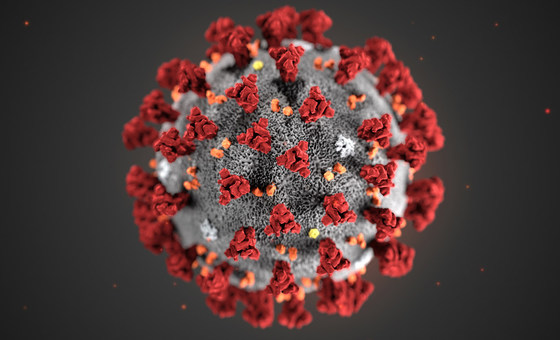Understanding COVID-19: A Glimpse Into the Pandemic That Shaped Our World
The world has faced many challenges in its long history, but few have impacted every corner of the globe so rapidly and uniformly as COVID-19. This virus, officially named SARS-CoV-2, emerged in late 2019 and soon escalated into a global pandemic, changing the way we live, work, and interact with one another. Let’s take a moment to understand this phenomenon and its implications.
The Origins of COVID-19
COVID-19 was first identified in the city of Wuhan, Hubei province, China, in December 2019. The virus is believed to have originated from bats and potentially passed to humans via an intermediary host. Its rapid human-to-human transmission led to a global health crisis.
Symptoms and Risks
While many infected individuals experience mild symptoms like fever, cough, and fatigue, some cases can be severe or even fatal. Vulnerable populations, including the elderly and those with underlying health conditions, are at a higher risk of severe complications.
Impact Beyond Health
Beyond its health implications, the pandemic triggered a domino effect:
- Economic: With lockdowns and quarantines imposed, many businesses faced unprecedented challenges. Some sectors, like travel and hospitality, were particularly hard-hit, while others, such as e-commerce and digital services, saw growth.
- Social: Physical distancing measures transformed social norms. Face masks became daily accessories, and gatherings were limited or moved online, impacting our social well-being.
- Educational: Schools worldwide transitioned to online learning, affecting students, teachers, and parents.
The Race for a Vaccine
One of the most remarkable aspects of this pandemic has been the speed at which science responded. In less than a year after the virus’s discovery, multiple vaccines received emergency use authorization, a testament to the power of global collaboration and scientific innovation.
Adapting to a New Normal
As countries navigate vaccination campaigns and potential new virus variants, the term “new normal” has surfaced, encapsulating the idea that some changes initiated by the pandemic might be here to stay. Work-from-home arrangements, increased emphasis on hygiene, and the rise of digital services might continue to shape our post-pandemic world.
In Conclusion
COVID-19 has, undoubtedly, marked an indelible chapter in world history. As we continue to grapple with its challenges, it serves as a stark reminder of our interconnectedness and the importance of global cooperation. While the pandemic has brought hardship, it has also showcased resilience, innovation, and the boundless potential of the human spirit. Let’s harness these lessons as we build a safer, more inclusive future for all.

